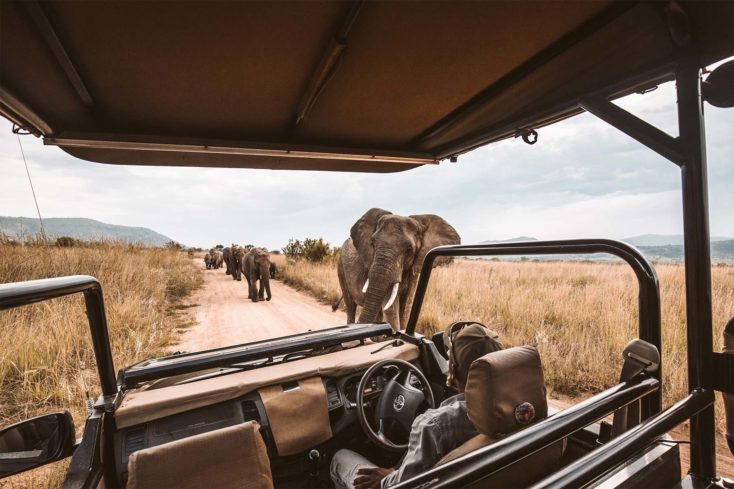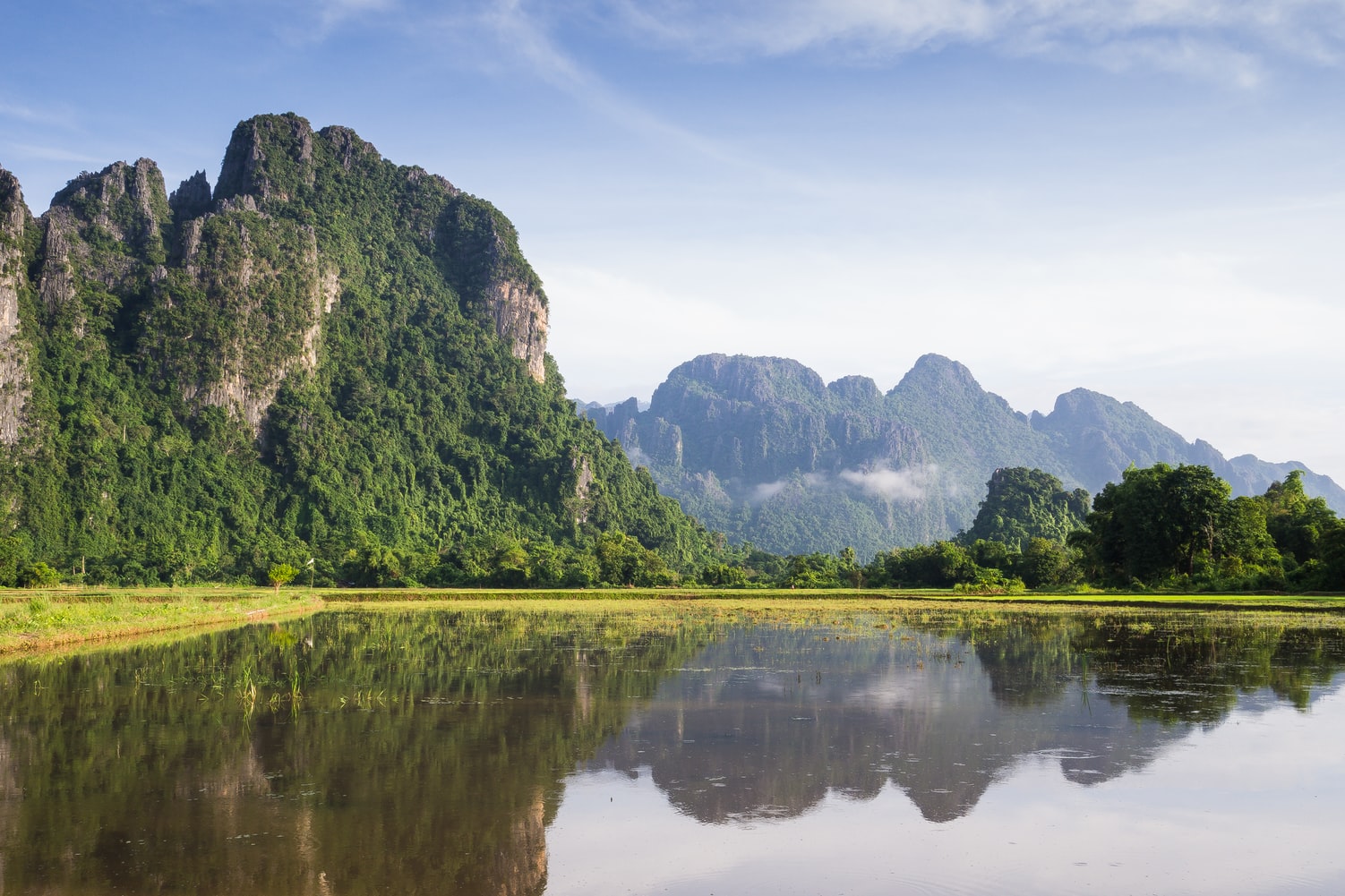Rural communities suffer as COVID-19 brings halt to agritourism. Agritourism in South Africa has been non-existent since the start of the lockdown regulations implemented to contain the COVID-19 pandemic, which has had a severe impact on the livelihoods of those living in South Africa’s rural areas.
This was according to Jacqui Taylor, founder and managing director of Agritourism South Africa, who said the impact on the rural economy, particularly those areas located closer to the cities where tourism was more prevalent, still needed to be quantified. She added that the economic impact would be felt for years to come.
She said agritourism consisted of various segments, such as hunting, hiking, camping, farm stalls, self-catering accommodation, events, and farm tours, which had all been severely affected by the lockdown regulations.
“Agritourism ground to a halt [during the] lockdown. “One-day, self-drive excursions are allowed under Level 3, but the attractions and rural tourism experiences are not allowed to open, so no money is being spent to keep rural tourism destinations and rural towns that are dependent on tourism financially active.”
Taylor said the long-term impact would be the closing down of rural tourism businesses, which would cause an economic ripple effect for many small businesses in rural areas.
“This is not only about tourism; rural tourism is about employment of rural communities. Without jobs and without income, criminal activity in rural South Africa will increase.”
She added that if rural tourism was to completely collapse, there would be an influx of people seeking employment in the cities.

Lindsay Madden, a farmer in the Overberg region, said the impact of the pandemic has been devastating for agritourism. Madden, a protea and fynbos producer, said his business consisted of 60% flower production and 40% agritourism, which meant that his business was doubly impacted when horticulture production and agritourism were both halted during April.
“Rural tourism is about [providing] an authentic farm-stay experience. You cannot offer it without having a working farm, as this [provides] the [backdrop].”
He added that many guests attended destination weddings and then wanted to stay for the weekend to extend their experience.
Although Madden had been able to resume trading in May, he could only do so at a reduced rate.
“There are at least 20 wine estates within 30 minutes of us and some have restaurants. They have had no income for almost four months,” he added.
InnoFrench is an agency that drives promotion for the tourism industry.


